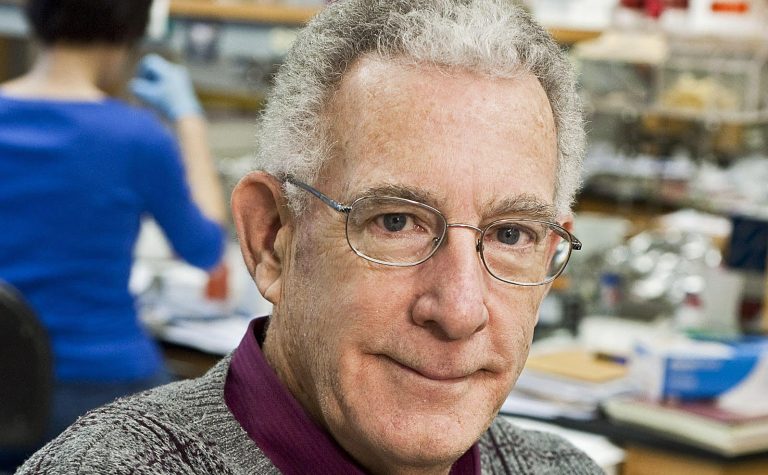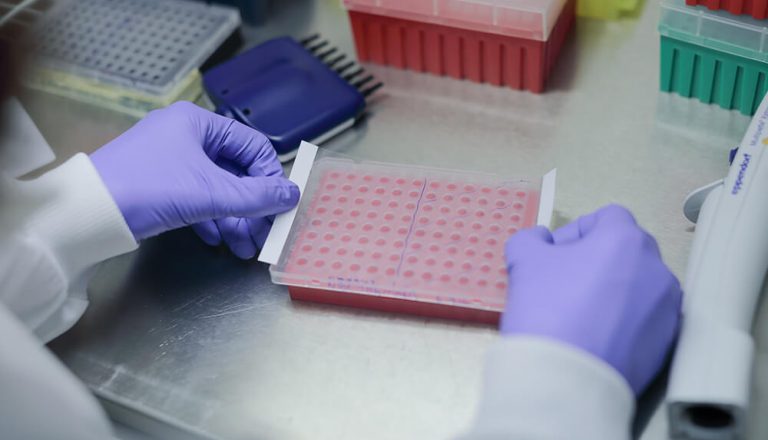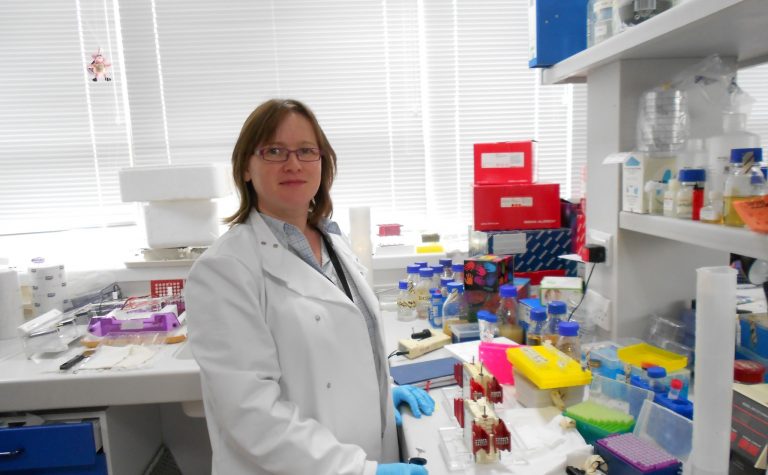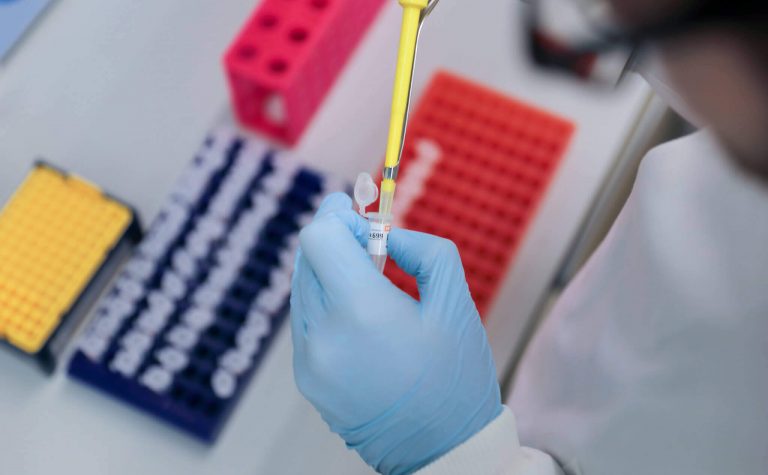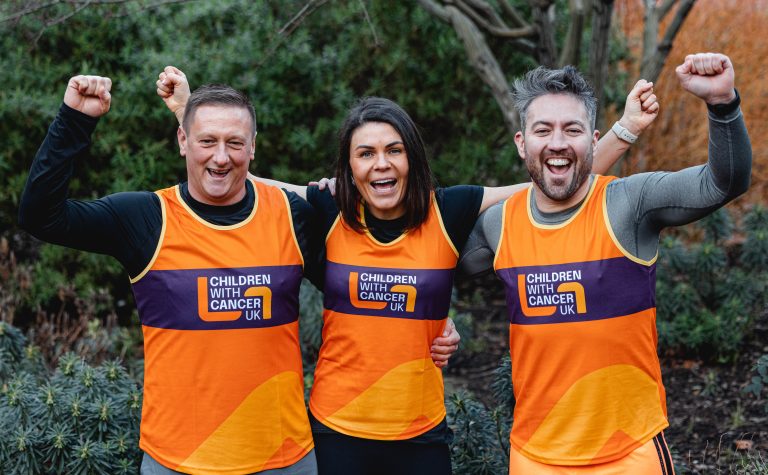About the Research Team
The research team consists of Professor Thomas Seyfried, Dr Purna Mukherjee and Dr Aria Tzika. Dr Seyfired is professor of biology and has investigated the biochemistry of epilepsy, neurodegenerative diseases, and cancer for over 40 years at Yale University and at Boston College.
Dr Pruna Mukherjee is a senior research associate in the Biology Department at Boston College, and has worked with Dr Seyfried on the cancer projects for twenty years. Her research focuses on diet and cancer, especially related to energy metabolism and energy sensing pathways.
Dr Aria Tzika is Director of NMR Surgical Laboratory, Massachusetts General Hospital and Shriners Burns Institute, Harvard Medical School in Boston. Her research focuses on the use of advanced imaging methods to assess different states of disease in tissue.
The goal of this research is to move and incorporate research in experimental preclinical models with clinical research and medicine; and to develop therapies for tumour growth, injury, and inflammation in paediatric brains. Thus, the research team have the highest qualifications and ability to complete the proposed research.
